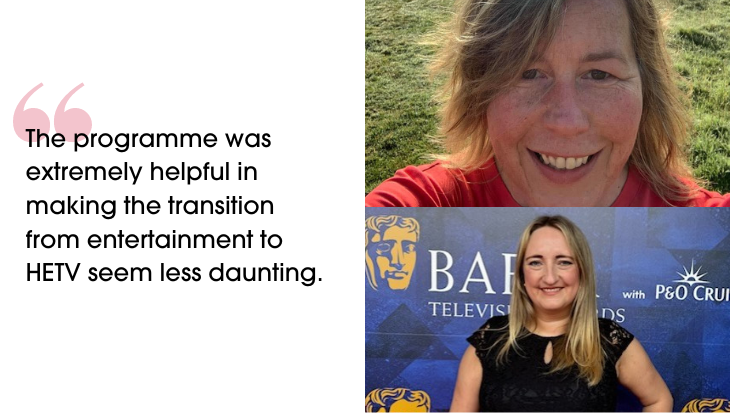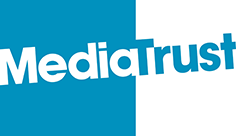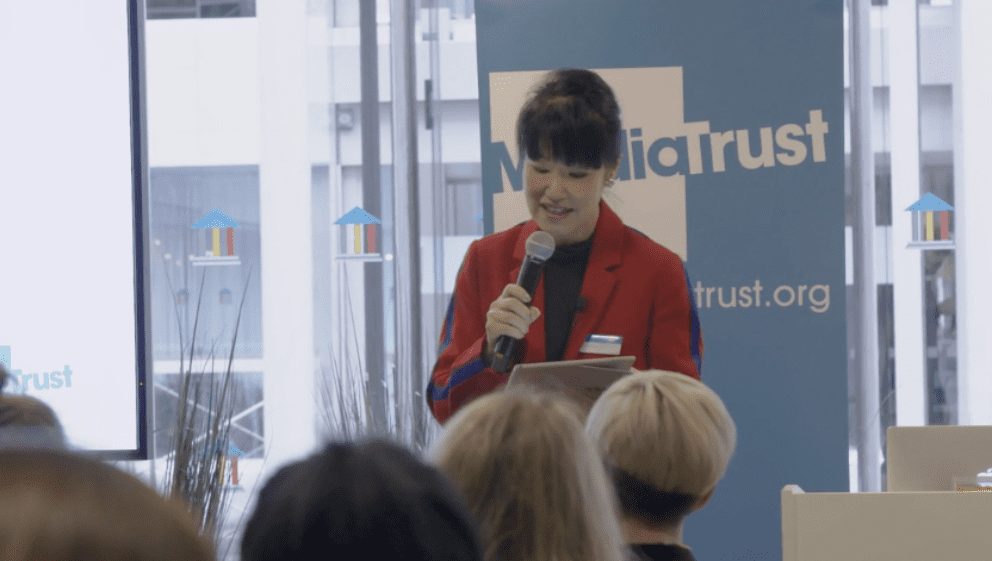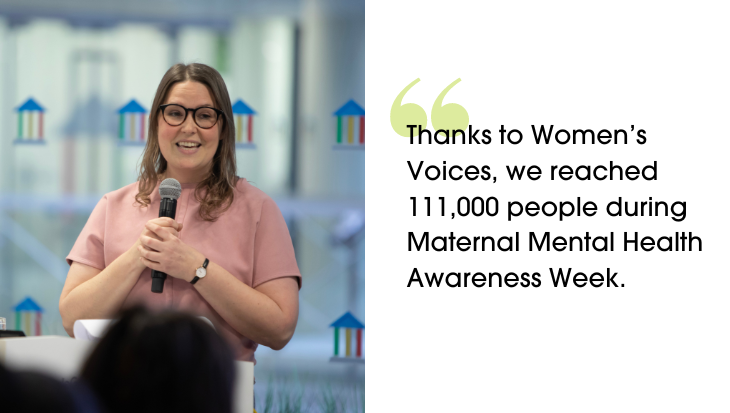Insights
At the end of discussions, each group shared their key discussion points and recommendations. A number of general overarching themes emerged:
Firstly, given how much the landscape has shifted over time with new forms of disability like hidden and intermittent disabilities, we need to take a fresh look at traditional definitions of disability and whether one size still fits all in terms of things like, for example, the universal disability logo of someone in a wheelchair.
Secondly, getting an accurate picture and setting aspirational targets are essential so we need media and creative organisations to sign up to measure and publish their disability stats and to set and enforce time-based targets for representation on screen, off screen, in advertising and in their workplaces. Because what gets measured, gets done.
Thirdly, that change needs to be both top down and bottom up so leaders need to not just talk the talk, but walk the walk and everyone in the organisation needs to feel empowered to bring about change.
Fourthly that change needs to start from within – so media and creative organisations need to ensure recruitment processes are inclusive and take disabled candidates into account from start to end.
Lastly, media and creative organisations need to be meaningfully engaging with disability charities and disabled people to ensure they are taking into account insights and views of people with lived experiences and not just their own assumptions of what works for them.



